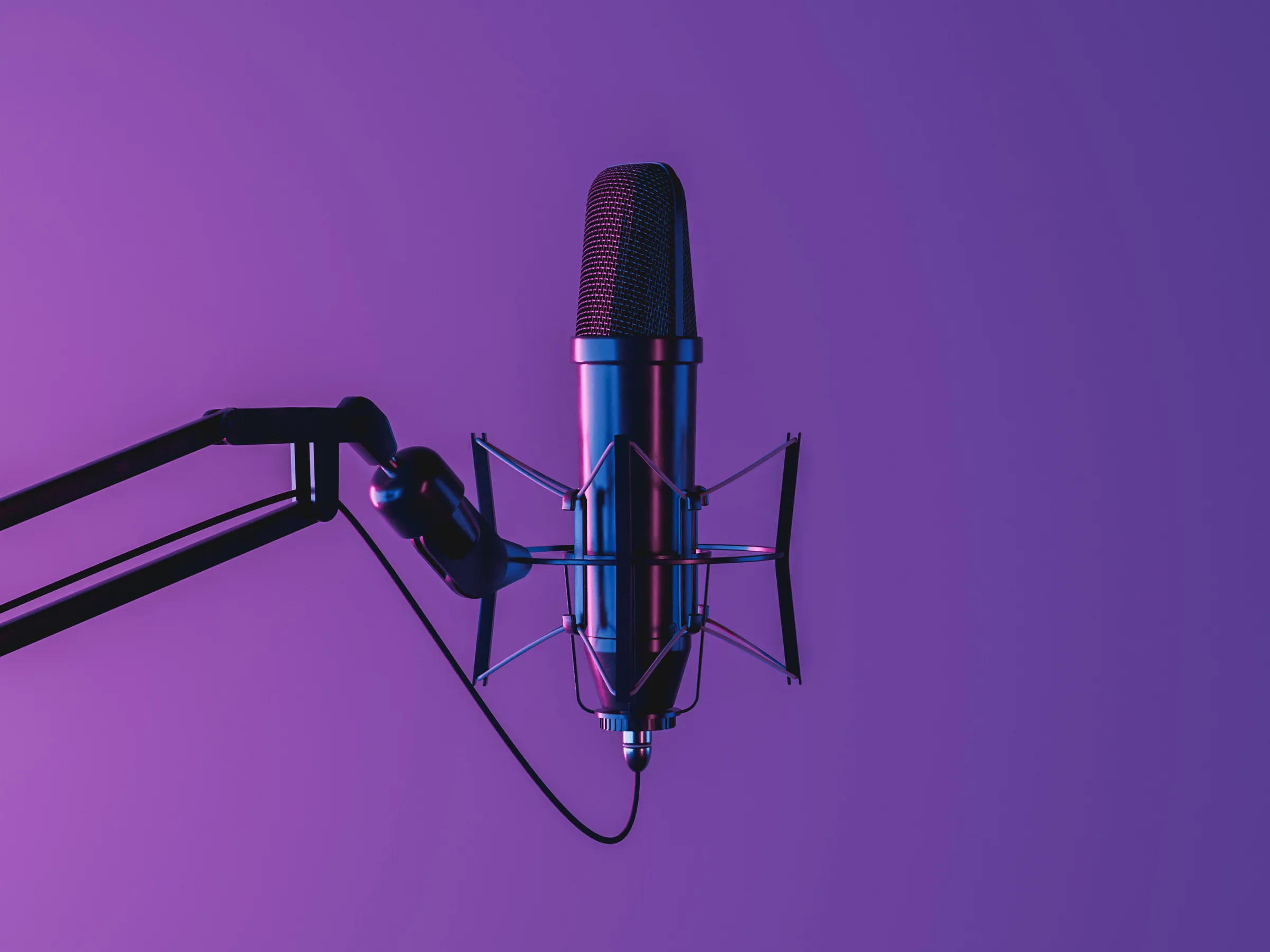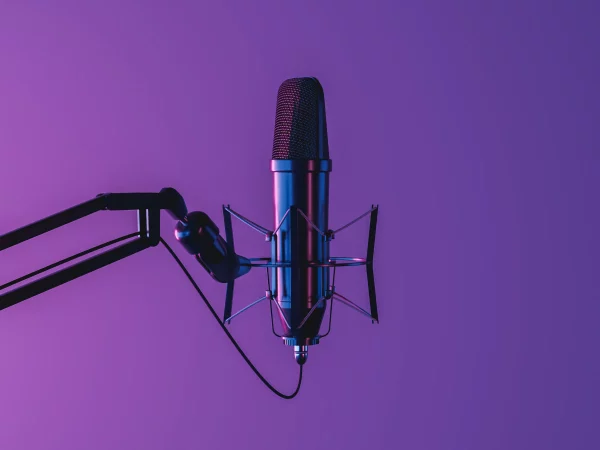Podcasts have emerged as a powerful tool for businesses to connect with their audience, establish authority in their niche, and foster customer engagement. Whether you’re a seasoned entrepreneur or just starting, creating your podcast can be an effective way to promote your business and share your expertise. In this article, we’ll provide a podcast starter pack for business owners, helping you embark on your podcasting journey.
Read more about Business
-
Define Your Podcast’s Purpose and Audience
Before diving into the technical aspects, it’s crucial to clearly define your podcast’s purpose and target audience. Ask yourself:
- What is the main goal of my podcast? It could be to educate, entertain, inspire, or a combination of these.
- Who is my target audience? Consider demographics, interests, and pain points.
- What unique value can my podcast offer? Identify the unique selling points that set your podcast apart from others.
Once you have a clear vision, you’ll be better equipped to create content that resonates with your intended listeners.
-
Plan Your Podcast Structure and Episodes
Effective planning is the foundation of a successful podcast. Outline your podcast’s structure, including episode format, length, and frequency. Common podcast formats include interviews, solo episodes, panel discussions, and storytelling.
- Episode Length: Keep episodes concise and focused. Generally, aim for 20-45 minutes, as longer episodes can lose audience interest.
- Episode Frequency: Decide on your release schedule. Consistency is key; whether it’s weekly, bi-weekly, or monthly, stick to your chosen frequency.
- Episode Titles and Topics: Create a list of potential episode topics and catchy titles that align with your podcast’s theme.
-
Invest in Quality Equipment
While you don’t need a professional studio setup, investing in quality recording equipment is essential for producing a polished podcast. A basic podcasting setup includes:
- Microphone: Opt for a USB or XLR microphone. Popular options include the Blue Yeti, Audio-Technica ATR2100x, or Rode Podcaster.
- Headphones: Get closed-back headphones to monitor audio quality during recording and editing.
- Pop Filter: This reduces plosive sounds and improves audio quality.
- Recording and Editing Software: Use software like Audacity (free) or Adobe Audition for recording and editing your podcast.
-
Create Compelling Content
Content is king in the podcasting world. Ensure your content is engaging, informative, and valuable to your target audience:
- Script: While some podcasters prefer a more casual approach, having a script or outline can help you stay on track and deliver your message effectively.
- Guests and Interviews: Inviting industry experts or influencers as guests can add credibility and attract a broader audience.
- Engage Your Audience: Encourage audience interaction through questions, polls, and listener-submitted content.
Sign up for the Connect Nigeria daily newsletter
-
Recording and Editing
Recording and editing are crucial steps in the podcasting process:
- Quiet Space: Choose a quiet location with minimal background noise. Consider soundproofing if necessary.
- Recording: Record clear, high-quality audio. Ensure your microphone settings are optimized, and speak at a consistent pace.
- Editing: Edit your podcast for clarity and flow. Remove background noise, pauses, and mistakes. Add intro/outro music and transitions for a professional touch.
-
Hosting and Distribution
To share your podcast with the world, you’ll need a reliable podcast hosting platform. Some popular options include:
- Libsyn: Libsyn (Liberated Syndication) offers reliable hosting and distribution services.
- Podbean: Podbean is user-friendly and provides analytics and monetization options.
- Anchor: Anchor is a free hosting platform with integrated recording and distribution features.
Distribute your podcast to major podcast directories like Apple Podcasts, Spotify, Google Podcasts, and more to reach a broader audience.
-
Promotion and Marketing
Building an audience takes time, but effective promotion can accelerate your podcast’s growth:
- Social Media: Share teaser clips, behind-the-scenes content, and episode updates on your social media platforms.
- Email Newsletter: Promote your podcast to your existing email subscribers.
- Collaborate Partner with other podcasters or influencers in your niche for cross-promotion.
- Consistency: Stick to your release schedule and engage with your audience through comments, reviews, and social media interactions.
-
Monitor and Improve
Continuously monitor your podcast’s performance through analytics provided by your hosting platform. Track metrics such as downloads, listener demographics, and listener retention. Use this data to refine your content and strategy.
Register to attend the CN Business Mixer
-
Monetization
While monetization is not the primary goal for everyone, you can explore options such as sponsorships, affiliate marketing, or selling your products or services to generate income from your podcast.
-
Stay Informed and Evolve
The podcasting landscape is constantly evolving. Stay informed about industry trends, new technologies, and listener preferences. Be willing to adapt and experiment to keep your podcast fresh and engaging.
Final Words
Starting a podcast as a business owner can be a rewarding endeavour to promote your brand, share your expertise, and engage with your audience. With careful planning, quality content, and consistent promotion, you can create a podcast that not only fits your budget but also delivers lasting value to your listeners and your business. So, grab your microphone, hit record, and let your brand voice be heard in the world of podcasting.
Featured Image Source: WIRED
Got a suggestion? Contact us: [email protected]


